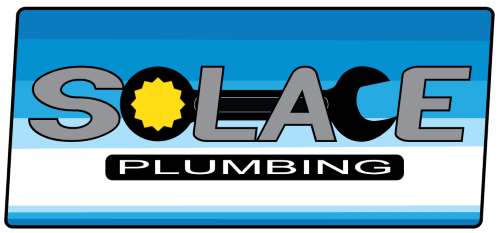Learning How Septic Tanks Work
Septic tanks are an efficient, cost-effective way to treat wastewater onsite, especially for houses in suburban or rural areas.
Septic tanks are an efficient, cost-effective way to treat wastewater onsite, especially for houses in suburban or rural areas. They provide a great alternative to municipal sewers when it's not feasible or economical to connect to them. Septic tanks create a decentralized wastewater treatment system.
How it works
A traditional septic system uses mainly natural processes to treat wastewater. It typically contains a septic tank and a drain field.
A septic tank is a large container, commonly made of concrete, polyethylene, or fiberglass, and buried underground that receives and stores wastewater from a household.
The wastewater's solid material inside the tank settles into the septic tank's bottom, forming sludge. Anaerobic bacteria decompose the solids into gasses which escape through a vent. But, not all sludge can decompose, and the tank fills faster than it drains. Hence, vacuum trucks must pump the remains out periodically, usually every three to five years, depending on usage.
The liquid waste, now generally free of solids and contaminants, passes from the tank through a pipe system into the drain field.
The drain field, also known as a leach field or soil absorption field, is the final stage of wastewater treatment. It consists of a series of trenches that contain perforated pipes or other dispersal mechanisms. These pipes are covered with a gravel layer and then with soil. The soil, plant roots, and remaining bacteria trap or process the water and residual contamination.
The benefits
A decentralized wastewater treatment system has several benefits, including reduced risks of disease transmission, improved water quality, energy efficiency, flexibility, and less dependence on centralized infrastructure.
The septic system removes pollutants from wastewater, resulting in cleaner and safer water released into the environment. It also uses energy-efficient processes, with most tanks powered solely by gravity, that reduce energy consumption compared to centralized systems.
The system designs can adjust for specific site conditions, such as limited space, soil type, and climate, making a septic system well-suited for various locations. Septic tanks usually cost less to install and maintain, especially for small communities or individual homes.
Decentralized systems are generally owned and operated locally, giving the communities greater control over their wastewater treatment and reducing the need for significant infrastructure.
Septic system maintenance
Homeowners with septic systems should avoid overusing water as it can strain the septic system. Spread the laundry loads, dishwashing, and showers throughout the day since they use the most water.
Additionally, don't flush anything other than human waste and degradable paper down the toilet. Diapers, dental floss, baby wipes, paint thinners, and cigarette butts are some non-degradable items that can clog the system.
Get expert septic services
It's advisable to involve a service professional to ensure proper function and avoid future issues with a household septic system. They will help conduct a thorough inspection to detect any potential problems with the design and provide the right solutions for them. These regular inspections can reduce costly repair bills and improve the household's quality of life.
Solace Plumbing is a leading plumber in Gilbert, AZ, offering sewer services, water heater, tankless water heater, electric water heater, gas water heater, water filter, reverse osmosis system installation and repair, water conditioner installation and repair, water treatment system maintenance, and water treatment system installation and repair. Licensed and insured with years of industry experience. Call us for an estimate.

